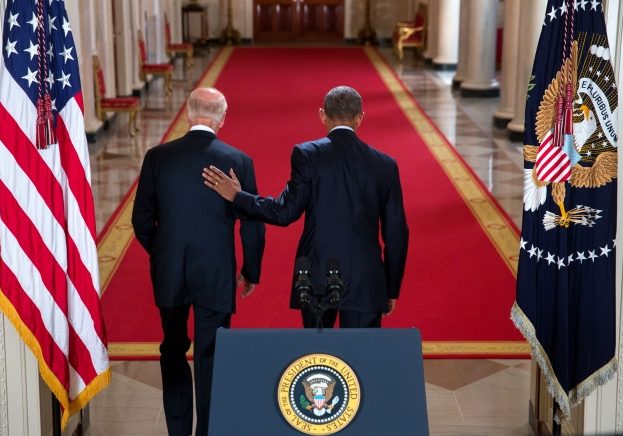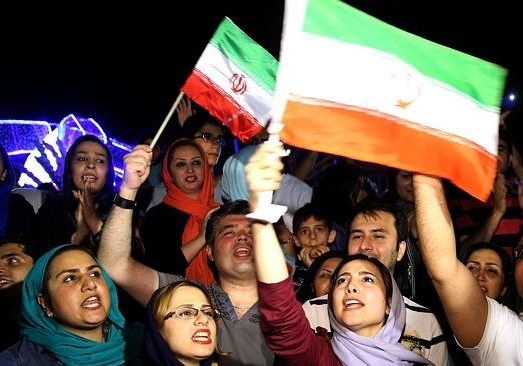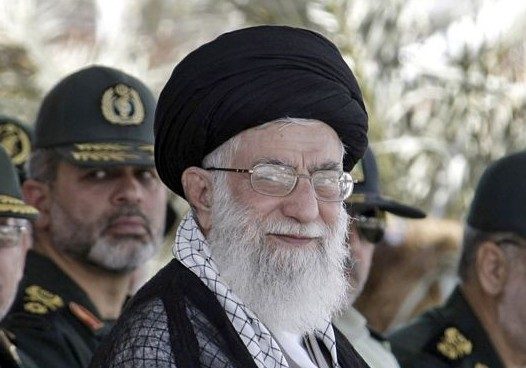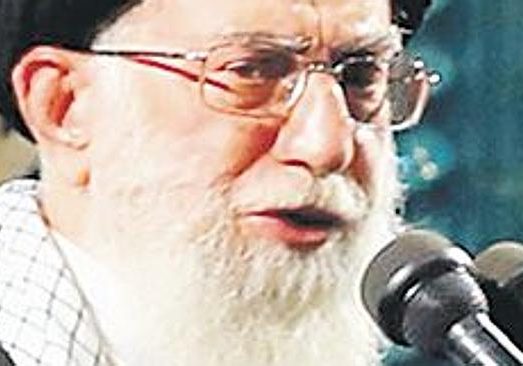
Statement on the terrorist attacks in Denmark
February 16, 2015
AIJAC expresses its sincere condolences to the victims and their families of the terrorist attacks in Copenhagen on the weekend. The victims of the deadly attacks included documentary filmmaker Finn Noergaard who was killed while attending a discussion at a café on freedom of speech and Dan Uzan, a Jewish volunteer security guard who was killed while guarding a synagogue where around 80 people were celebrating a Bat Mitzvah. Five policeman were also injured in these attacks and we hope for their full recovery.

















